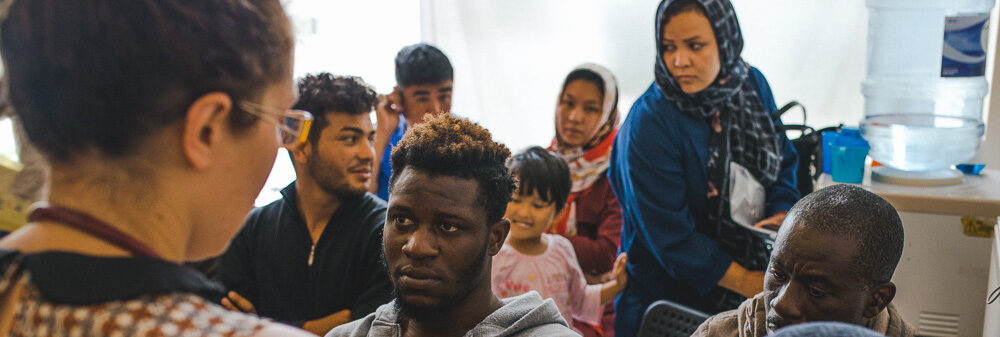The refugee crisis can only be resolved in Europe as a whole.
Retreating to the rigid stance of some EU hardline and xenophobic forces, in its new Migration and Asylum Plan, the Commission abandons the idea of a mandatory quota of refugees in the Member States.
The long-awaited proposal of the Commission allows the EU Member States to choose whether to accept refugees or to take responsibility for the return to the countries of origin of those whose asylum applications have been rejected.
The proposal comes with an additional delay due to the emergency conditions of the pandemic and amid a backdrop of recent fires that destroyed an open-air prison for refugees and migrants in Moria, an EU hotspot on the Greek island of Lesbos.
It also comes after Greece suspended asylum claims for a month earlier this year, as thousands of people were pushed backed into Turkey.
Changes in the Processing of Asylum Applications
The Commission’s proposal revises the principle of entrusting the first country of entry of a migrant to the EU with the responsibility of processing his / her asylum application.
In the Commission’s proposal, the country responsible for the asylum application could be the one in which a migrant has a brother or sister, in which he / she has worked or studied. Also the country that has issued a visa to a migrant will be the one in charge of the asylum application.
Otherwise, these countries of first entry will remain responsible for the asylum application.
The committee also promises faster procedures: it wants to introduce a rule that all arrivals will have their health and safety checks completed within five days.
The faster completion of the audit, according to the Commission, concerns those coming from countries that have had a positive response rate to asylum requests of less than 20%, such as Tunisia or Morocco. For them, the asylum application is processed at the border within a period of 12 weeks.
With the pact, the European Commission has made an effort to reconcile divergent views from different groups of countries. However, without European solidarity, without a dignified welcome policy, we continue with the camps of shame.
A coherent and integrated European policy is needed in order to tackle the common migration challenge with respect to human rights. This policy concerns all Member States, but it is even more important for countries such as Greece, which are located at the external border of the EU and are facing the direct consequences of the migration phenomenon.



